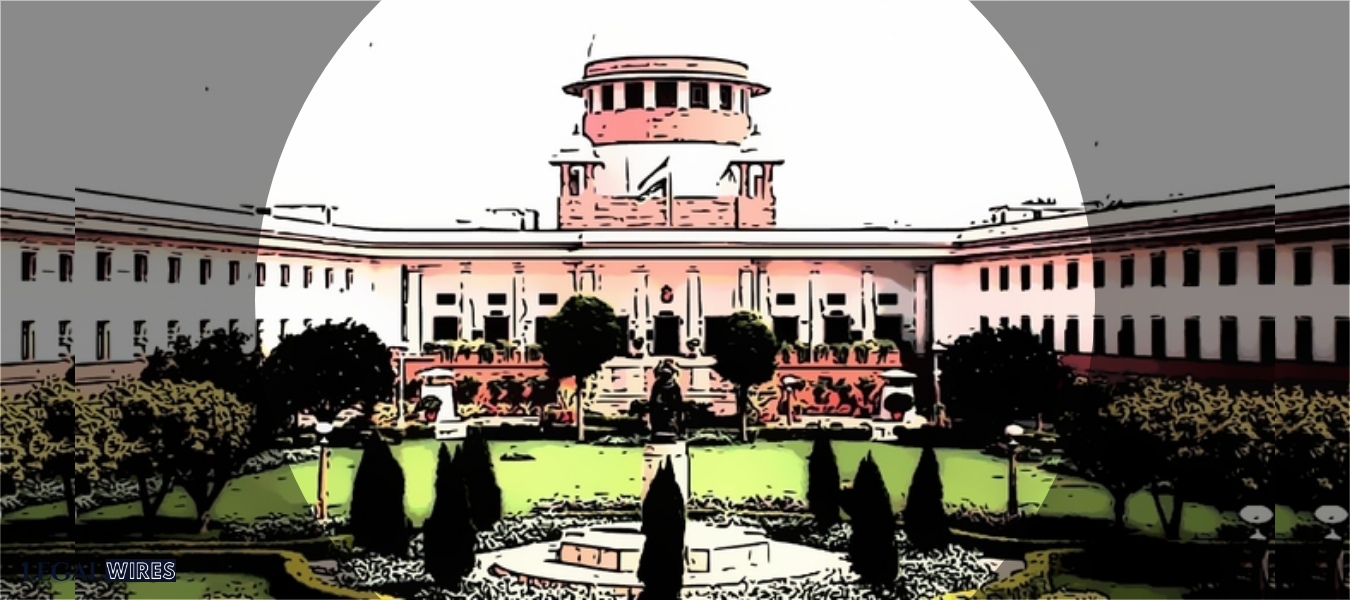A Bench of Justice Indu Malhotra and Justice R Subhash

A Bench of Justice Indu Malhotra and Justice R Subhash Reddy laid down directions that are to be followed by the Family Courts, District Courts, and Magistrate Courts across the country over the issue of overlapping jurisdiction and to avoid conflicting orders being passed in different proceedings in the same matter.
The Court pronounced judgment and framed guidelines assisted by Senior Advocates Gopal Sankaranarayanan and Anitha Shenoy as amicus curiae on payment of interim maintenance in a case of maintenance of a wife and son under Section 125 of the Code of Criminal Procedure.
The Court framed that:
For payment of interim maintenance, an affidavit of disclosure of assets and liabilities annexed to the judgment should be filed by both parties in all maintenance proceedings, including pending proceedings before the concerned family courts, district courts, or magistrate courts throughout the country.
For determining the quantum of maintenance payable to an applicant, the concerned court shall consider the criteria enumerated in the judgment. The factors laid down by the court are not exhaustive and that judicial discretion is vested in the family courts to consider any other factor which may arise in the facts and circumstances of the case.
Enforcement of orders of maintenance the Court ruled that it can be enforced under Section 28A of Hindu Marriage Act, Section 20(6) of the Domestic Violence Act or Section 128 of CrPC, also an order for maintenance may be enforced as a money decree under the Code of Civil Procedure.
The Court in order to overcome the issue of overlapping jurisdiction issued directions:
- Where successive claims for maintenance are made under different statutes, the court would consider adjustment or set-off of the amount awarded in a previous proceeding while determining whether any further amount is to be awarded in the subsequent proceedings.
- It is mandatory for the applicant to disclose during the subsequent proceedings, details of the previous proceeding, and the orders passed in such previous proceedings.
- If the order passed in the previous proceedings requires any modification or variation, the party would be required to move the concerned court in the same proceeding.





